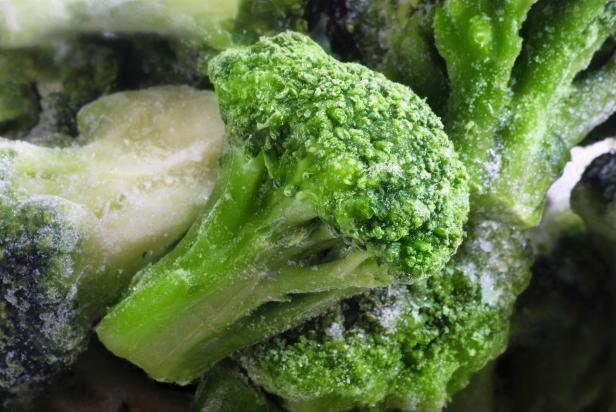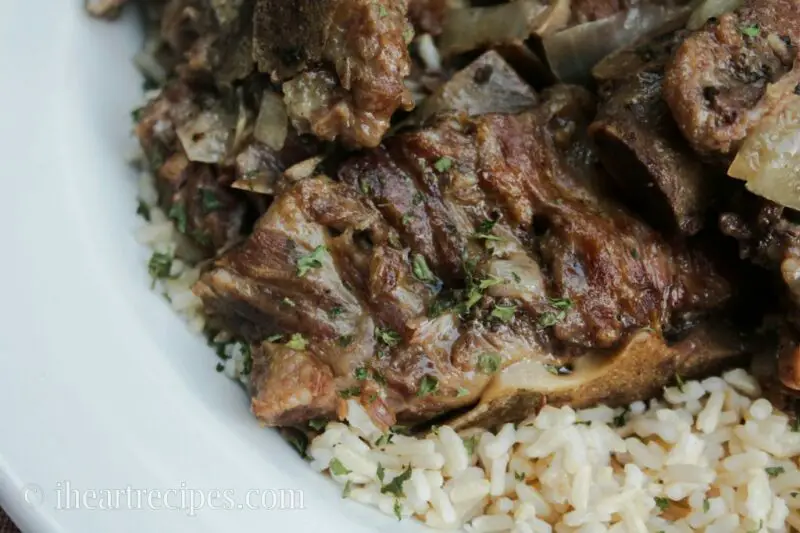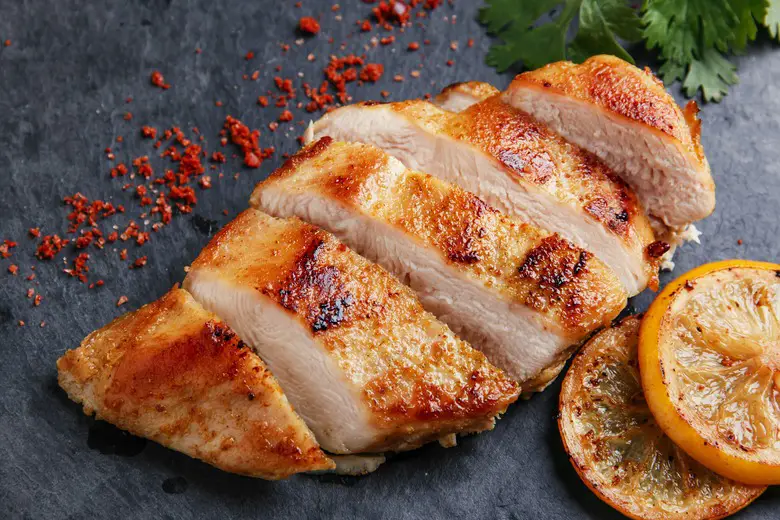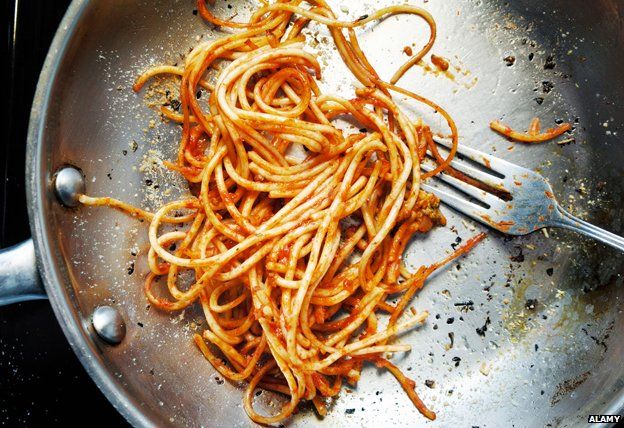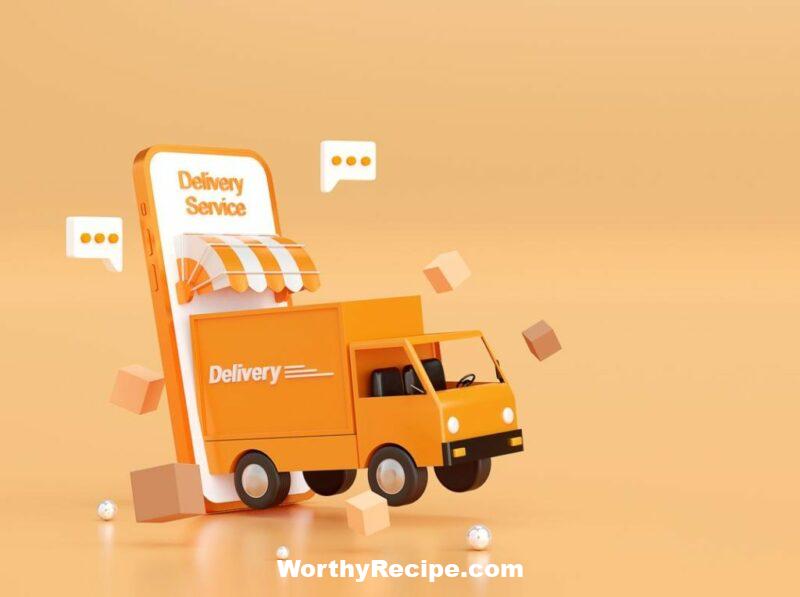Can You Eat Frozen Broccoli Without Cooking?
Broccoli, an edible green plant from the Brassica family, has been a favorite vegetable for centuries due to its nutritional and health benefits. Broccoli consumption has risen considerably over the years, prompting manufacturers to offer it as a frozen food option along with other vegetable products. But, can you eat frozen broccoli without cooking it?
In this article, we will explore the best practices and guidelines for eating frozen broccoli safely. We will also examine the reasons why some foods require cooking and risks associated with consuming raw food. By the end of this article, you will know whether it’s safe to eat frozen broccoli without cooking and how best to thaw it.
Benefits of Eating Broccoli
Before we jump into exploring frozen broccoli consumption, let’s first understand why broccoli is essential for our nutrition and health.
- Broccoli is rich in vitamins C and K.
- The vegetable is low in calories and high in fiber.
- It is an excellent source of antioxidants that help reduce inflammation and prevent chronic diseases.
- Broccoli contains useful compounds such as sulforaphane that are known for preventing cancer cell growth.
Freezing Broccoli
The process of freezing vegetables preserves its nutritional value and offers convenient storage options. However, not freezing vegetables correctly can result in loss of flavor, texture, and nutrients. Here are some tips to follow when freezing broccoli:
- Select fresh broccoli heads that are free of blemishes or worms.
- Clean the entire surface of each head with water thoroughly.
- Cut broccoli into florets or as per your choice.
- Blanch broccoli for a minute in boiling water, then rinse with cold water to stop further cooking.
- Show the broccoli under the running cold water to ensure it has no residue or ice crystals left on it.
- Dry the broccoli pieces using a clean towel or paper towels.
- Place the dry broccoli in resealable bags and store them flat in the freezer.
Indeed, following these tips can preserve your frozen broccoli correctly. If done right, frozen broccoli can last up to six months without deteriorating. It’s essential also to ensure that your freezer maintains a temperature of zero degrees Fahrenheit for storing the broccoli.
Cooking vs. Eating Frozen Broccoli
Broccoli is edible in both uncooked and cooked forms depending on your preference. However, consuming raw broccolis like other vegetables come with a high risk of food poisoning because they are exposed to harmful bacteria such as E.coli and Salmonella, which can cause disease.
Cooking broccoli reduces its risk of exposing you to these harmful bacteria. Furthermore, cooking broccoli extracts other nutrients that are not available otherwise, making it more nutritious for consumption. When measuring the nutritional value of cooked and frozen broccoli, there is no significant difference between them besides texture and slight flavor changes.
Risks Associated with Eating Raw Food
The FDA states that eating raw vegetables carries higher risks over eating cooked vegetables due to potential exposure to disease-causing bacteria such as E.coli and Salmonella, primarily if growing conditions of the vegetables are not ideal. Symptoms of foodborne illness include nausea, diarrhea, cramps, headache – symptoms that are similar to flu-like respiratory infections known as COVID-19.
The food safety and health administration have outlined that cooking vegetables, especially frozen food, removes the risk of foodborne illness. If you must consume raw vegetables, wash them thoroughly under running water before eating them.
Freezing Vegetables
Vegetable freezing is a common practice to preserve the freshness of produce and extend its shelf life. When done correctly, freezing preserves the texture, color, and nutrient value of vegetables. Here are some benefits of vegetable freezing:
- Veggie freezing retains most of its vitamins and minerals compared to canning methods.
- Freezing vegetables helps preserve their flavor for extended periods.
- Vegetable nutrients are better preserved in a frozen state than in a canned or cooked condition.
Can You Eat Frozen Vegetables Without Cooking?
The good news is that consumption of certain frozen vegetables is possible without cooking. These vegetables are safe for consumption as per FDA protocols as they pose little to no risk to public health. Here are some of the vegetables that you may consume raw after freezing:
- Corn
- Peas
- Sweet potatoes
- Carrots
Guidelines for Eating Frozen Vegetables
If you plan on consuming frozen fruits or veggies directly after removing them from the freezer, it’s essential to keep the following guidelines in mind:
- If they look slimy or have an off smell- do not eat.
- Show veggies under running water before eating them.
- Avoid thawing and refreezing- it tends to imbalance the temperature causing bacteria growth.
- Eat veggies as soon as possible after defrosting.
Steps to Thaw Frozen Broccoli
Thawing frozen broccoli is necessary before consuming it. Below are some easy and effective remedies for thawing frozen broccoli, you can apply:
- Put the broccoli in a vacuum-sealed plastic bag and submerge it in cold water for thirty minutes until fully defrosted.
- Utilize the defrost function of your microwave to thaw the Broccoli.
- Place the sealed broccoli bag in the refrigerator overnight to thaw it.
Quick and Easy Recipes with Frozen Broccoli
Frozen broccoli is versatile and can be used in several recipes. Here are some quick and easy dinners you could prepare using frozen broccoli without having to cook it:
- Budget-friendly chicken and broccoli bake: bake chicken breasts filing with cheddar cheese topped with frozen broccoli florets for twenty-five minutes or until fully baked
. - Healthy “pizza” bowls: Toss cooked quinoa with pizza sauce, topped off with sauteed frozen vegetables like broccoli, spinach, zucchini, mushrooms – then bake for twenty minutes.
Conclusion
In summary, it’s not safe to eat frozen broccoli or consume any raw vegetables as they pose a health risk associated with disease-causing bacteria. Cooking frozen vegetables offers better nutritional value while reducing the chances of harmful bacteria exposure. Extra caution should be taken during preparation before eating them in their frozen state, such as washing vegetables thoroughly under running water before consumption.
If you would like to try consuming frozen vegetables without cooking them, it’s crucial that you follow all the guidelines outlined to minimize risks associated with foodborne illness. In the event that any vegetables look, smell, or taste off, do not consume them.
Frequently Asked Questions
Can frozen broccoli be eaten without cooking?
Absolutely! Eating frozen broccoli without cooking it is completely safe and perfectly healthy, as long as it has been properly stored and handled.
Is raw frozen broccoli safe to eat?
Yes, as long as you have followed all the correct handling and storage procedures, eating raw frozen broccoli is completely safe, just like eating raw fresh broccoli.
What are the advantages of eating frozen broccoli without cooking it?
Eating frozen broccoli without cooking it retains more of its nutrients and vitamins compared to cooking it. Plus, it saves time and energy since there’s no need for any preparation or cooking.
Can I use frozen broccoli in my smoothie or salad?
Definitely! Frozen broccoli can be a great addition to smoothies or salads – no need to cook it first. It can add some extra texture and nutrition to your recipes.
